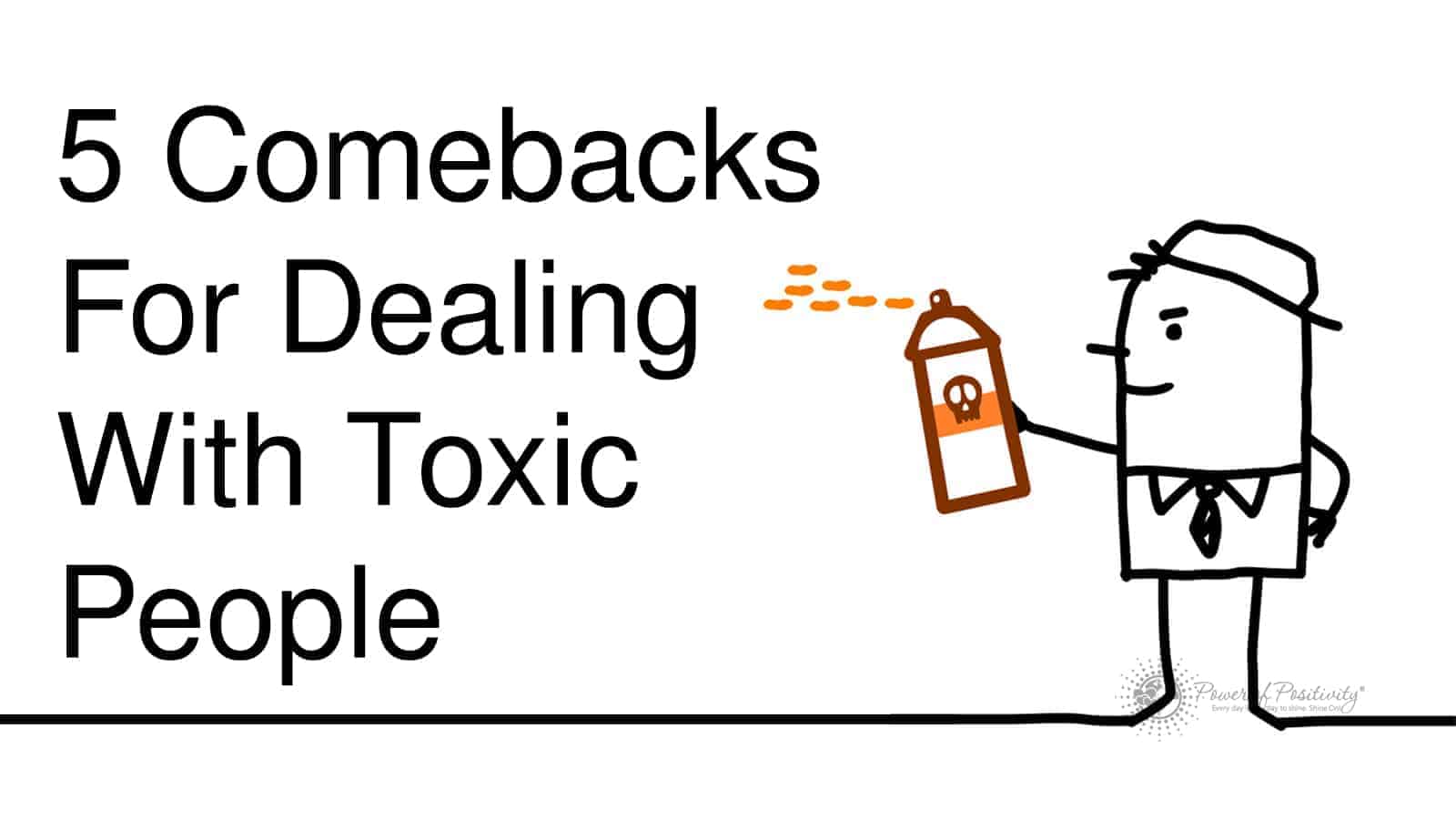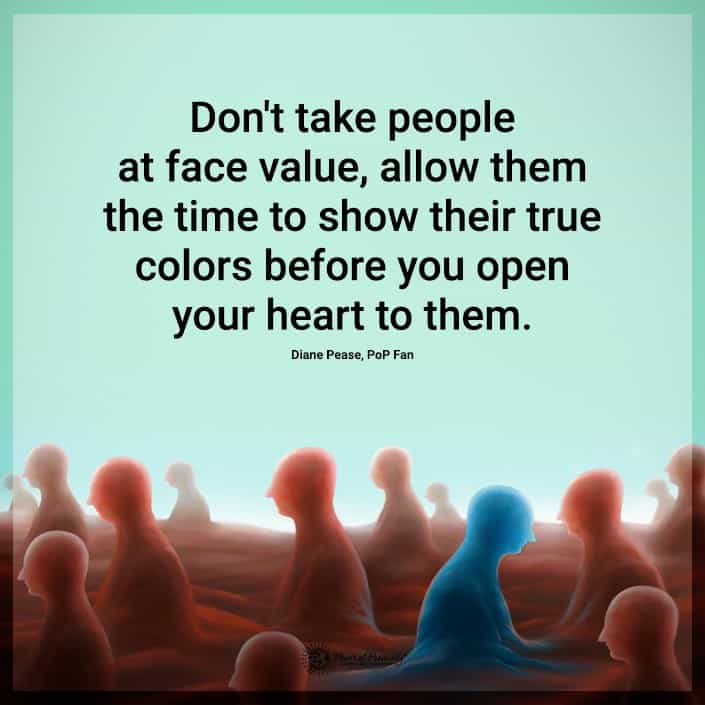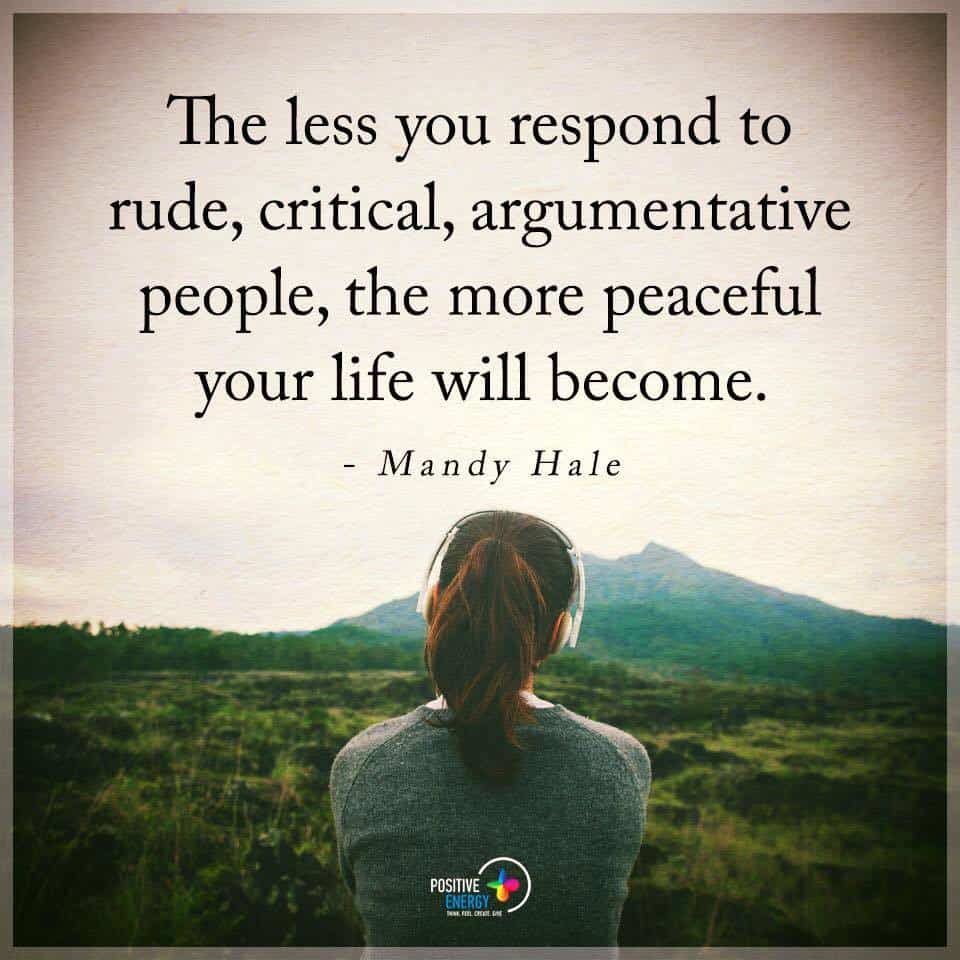Have you ever just wanted to slug somebody? If you walk away from a conversation and you shake your head trying to gain clarity after being bombarded with a wave of negativity, you’ve encountered toxic people.
The goal of a toxic person is to be a thorn in your side and they are happy when they can see by the look on your face that they’ve succeeded. It’s easy to spot a toxic person by how they try to make you feel badly about yourself.
A toxic person blames others for their disruptive behavior and they never take accountability for their mistakes. They are the first to point out someone else’s mistakes, they gossip, they butt-in where they don’t belong, they belittle others and they distrust anyone with authority.
The costs of toxic people
A study by the Academy of Management Executives on incivility in the workplace found that toxic people have an economic impact for businesses. Researchers surveyed people who reported being victimized by toxic people. The victims reported that the toxic people caused the following declines in their productivity:
- 12% of victims of toxic people quit as a result
- 48% had a decreased effort at work
- 47% decreased their time at work
- 38% decreased their work quality
- 68% said their performance declined
- 80% said they lost time worrying about it
- 63% lost time avoiding the person
- 78% said their commitment to the organization declined
On the other hand, the authors of Emotions and Organizational Dynamism say that positive communication tools, such as humor, can boost productivity and group cohesiveness and also can be effective at increasing motivation. In the workplace where the bottom line is important, there is a clear financial impact of toxic people versus positive people.
Toxic people have an emotional impact in our personal relationships as well. If we allow their negative behavior to influence our mood, that can also affect how we act. A study in Psychological Science on the effects of negative mood found that when our mood is negative, our ability to think coherently is worse than when we are in a positive mood.
5 Ways to Respond to Toxic People
Most of us have worked with or known someone who fits the description of a toxic person. Their behavior is unacceptable for those who seek positivity in their lives. It seems impossible to get them to change, so we tend to avoid them.
What if you could help a toxic person to actually reform their negative ways? It would benefit you and every other person who comes into contact with them. Let’s explore 5 productive ways to respond to the toxic people in our lives.
1. Confront them and describe their unacceptable behavior.
In the first stage of dealing with a toxic person, we confront the negative behavior by naming it. Stay aware of your emotions as you speak because you might accidentally start to express anger in your voice. Try to breathe deeply and keep your thoughts positive.
Use specific, observable behavior to illustrate the actions that you find disrespectful. For example, you might say “When you roll your eyes at me while I’m speaking to you, I feel unvalued.”
2. Explain your expectations.
Let the toxic person know that you expect civility, and respect, and you want them to stay solution-focused when they speak to you rather than focus on problems. Establish a boundary with the toxic person. For example, you might say “Negative emotions are normal, but the way you expressed your frustration by kicking the chair when you didn’t like what I told you is unacceptable to me. I’d like you to offer a solution that is preferable to you instead.”
At this point, you can also choose to set a timeframe to avoid talking to them until they are willing to change. You might say “Until you are able to discuss this with me without belittling me, I am going to refuse to speak to you. When you are ready to speak more respectfully, I will be happy to talk with you again.”
3. Tell them that you will be watching for signs of their willingness to change
Provide feedback on their ability to manage their negativity. For example, you might say “I appreciate the fact that you supported my suggestion rather than shooting me down.” You can also tell them that you’ve noticed that their body language is less closed off and their facial expressions have not reflected contempt.
If they haven’t improved, you need to tell them that as well. “When you hold your arms over your chest when I speak to you it gives me the impression that you’re closed off to what I’m saying. Let’s talk later when you feel more willing to listen.”
4. Set a timeframe for returning to your regular relationship with them.
Depending on your relationship with the toxic person, set a reasonable time to return to speaking with them. If this is a coworker that you need to deal with daily, you might say “Let’s give this a couple of hours so that we can try to return to a more positive discussion.”
If it’s someone toxic that you can avoid for a while, like a neighbor, you might say “Let’s give ourselves a break from each other for a week. I’d like to be able to talk to you when you are ready to be more positive in your interactions with me.”
5. Follow through with the consequences for their behavior.
If the toxic person is unwilling to change, let them know that you aren’t ready to speak with them. For example, you might say “Since you haven’t made any progress with being more positive in the ways that we discussed, I will decline to speak with you until you are able to change.”
As you follow this process with toxic people, remember to mentally protect yourself from their negativity. Their toxic thoughts are theirs, not yours. Don’t take it personally.
Set These 3 Boundaries To Protect Yourself from Toxic People
Unfortunately, we can’t always avoid toxic people in daily life. Whether we encounter them in the workplace, school or during errands, negative people will cross our path eventually. However, we can choose how to respond to them.
If you find yourself in the crosshairs of a toxic person, make sure to set these boundaries.
1. Maintain a Positive Mindset.
If you “kill them with kindness,” so to speak, they can’t steal your sunshine. No matter how gloomy or angry they feel, you won’t even notice if you maintain a high vibration. A positive mindset will also help you make more informed decisions, especially in the workplace. A study in Psychological Science found that being in a sour mood affects your ability to make sound judgments.
So, optimism enhances your decision-making skills while also uplifting the people around you. Energy vampires prey on people in a vulnerable state, but a positive attitude easily repels them.
- Focus on others around you. If you cross paths with toxic people, simply turn your attention away from them. Laugh and joke around with coworkers to lighten the mood and show the person you won’t tolerate their behavior. Once they notice everyone ignoring them, they will start feeling left out. Perhaps they’ll realize their mistake and try to rejoin the group in a more positive manner.
- Flash them a smile. Smiling instantly uplifts the mood of everyone around you, and even yourself. Have you ever noticed how strangers seem to light up when you smile at them? That’s because we’re hardwired to read people’s faces, and a smile signals friendliness. Therefore, smiling at a toxic person might just bring them out of their bad mood. Maybe they’re just having an off day and could use a dose of positivity, after all.
- Accept the circumstances. Nothing lasts forever in life, so remember that when you encounter a toxic person. After you finish work or errands, you can remove yourself from the situation. So, by accepting everything in life, both positive and negative, you can free yourself from suffering.
2. Be Present To Deal With Toxic People.
Becoming more self-aware and mindful will help you maintain composure around toxic people. If you can train your mind to remain calm, negative emotions won’t affect you as much. In other words, you can deal with the person objectively rather than allowing them to ruffle your feathers.
However, most people react rather than respond, which causes endless suffering throughout life. While it takes practice and willpower to maintain internal calmness when navigating life, anyone can learn mindfulness. The tips below can help during challenging situations.
- Slow down your breathing. To become more mindful, it all starts with watching and controlling your breath. In fact, this forms the foundation for all meditative and yogic practices, because by controlling the breath, you gain power over your lifeforce. Unfortunately, most of us breathe in a fast, shallow manner without even realizing it. We have so much to do throughout the day that we forget about our spiritual health. However, you can become more centered and grounded by breathing deeply to increase oxygen in your body. This breathing practice activates the parasympathetic nervous system, which recharges the body and relaxes a racing mind.
- Don’t get emotionally involved. Keep a neutral mind, ready for whatever comes your way without having expectations. This isn’t easy, but if you can maintain a level head around toxic people, they can’t affect your emotional state. By finding peace within, nothing outside will stir you.
- Let go of stress. Don’t allow toxic people to affect your mental health. While you can’t escape them all the time, that doesn’t mean they have to drag you down. Realize that their negative emotions have nothing to do with you, so remain calm and let things roll off your shoulders. Perhaps your poise and equanimity will start to rub off on them as well.
3. Be Lovingly Detached.
Toxic people feed off others’ negative emotions and need people to validate their inner turmoil. Most of the time, they just want someone to hear their story and offer a shoulder to cry on, however.
Remember that a toxic person usually acts that way because they have a heavy burden on their shoulders. While you should offer compassion when possible, realize that you can’t and shouldn’t bear the responsibility of fixing them.
- Listen and give advice if they ask for it. Toxic people are still human beings that need love and empathy, but you can’t put all your energy into fixing them. You can simply offer advice and listen to their story, hoping that they will find renewed strength along their path.
- Give them a hug. If they’re open to it, why not offer them a giant bear hug to lift their spirits? Love is the best medicine, so spread it whenever you can. We’ve all been a toxic person at some point, after all, so we shouldn’t judge another’s journey too harshly. This doesn’t actually set boundaries, but it could restore their faith in themselves and humanity. A genuine hug can dissolve barriers between people and remind them of our interconnectedness. However, you can still remain inwardly detached while expressing love and concern for others.
- Offer your well wishes. If all else fails, wish them your best and politely end the conversation. You’ve done your part by practicing active listening and empathy, and they must figure out the rest on their own.
Final Thoughts on Dealing With Toxic People
We don’t want to paint toxic people in a bad light, because everyone goes through difficult times in life. It’s easy to crack under the pressure of modern society, so remember to show empathy to those around you. Perhaps being positive and offering to listen to their troubles will revitalize their spirit, after all.
You never know how you can impact someone’s life if you don’t reach out to help. As one big human family, we have a responsibility to look out for each other. Toxic people or not, we’re all people walking this journey, and it becomes a lot easier if we open our hearts.



















